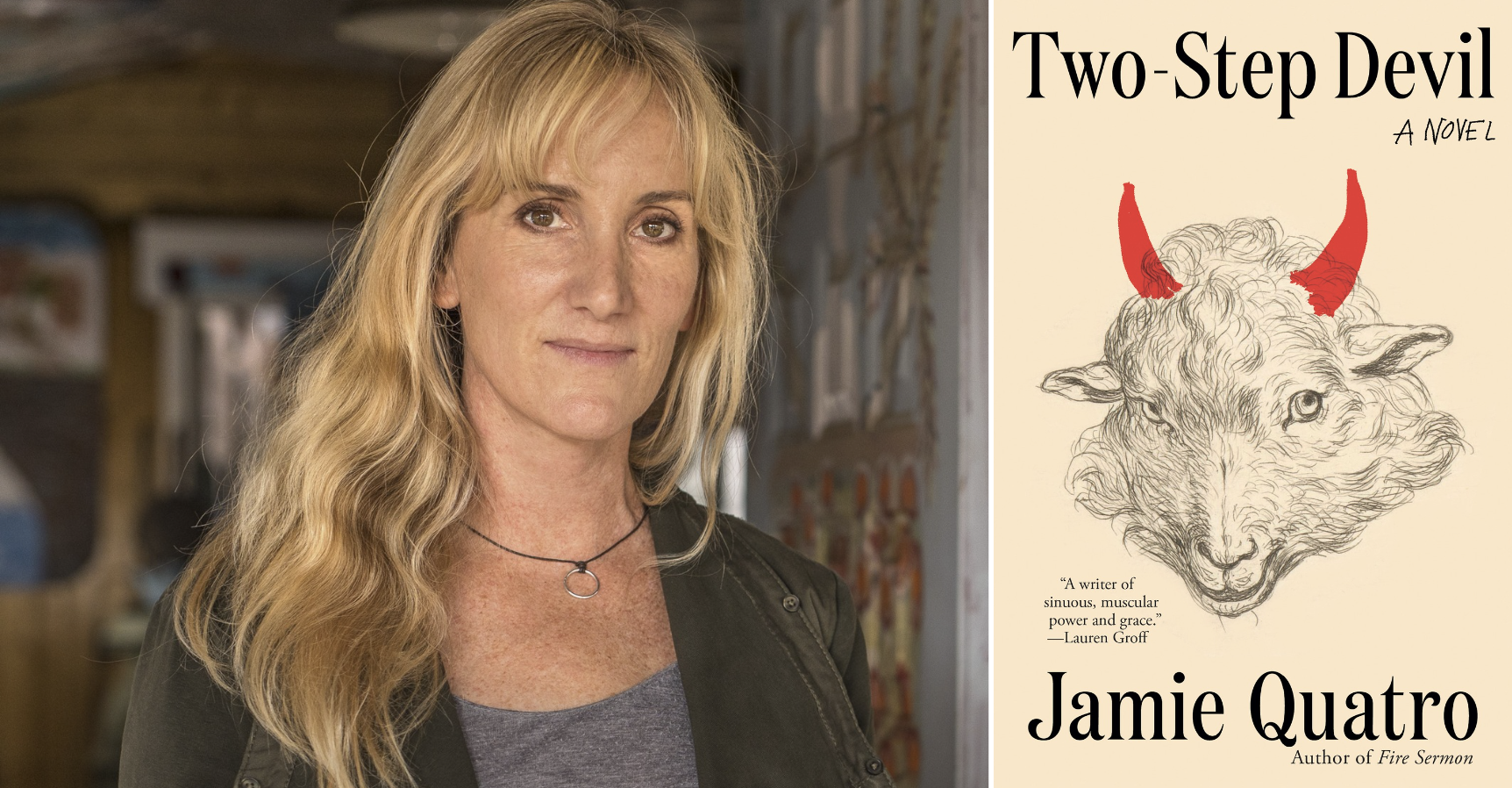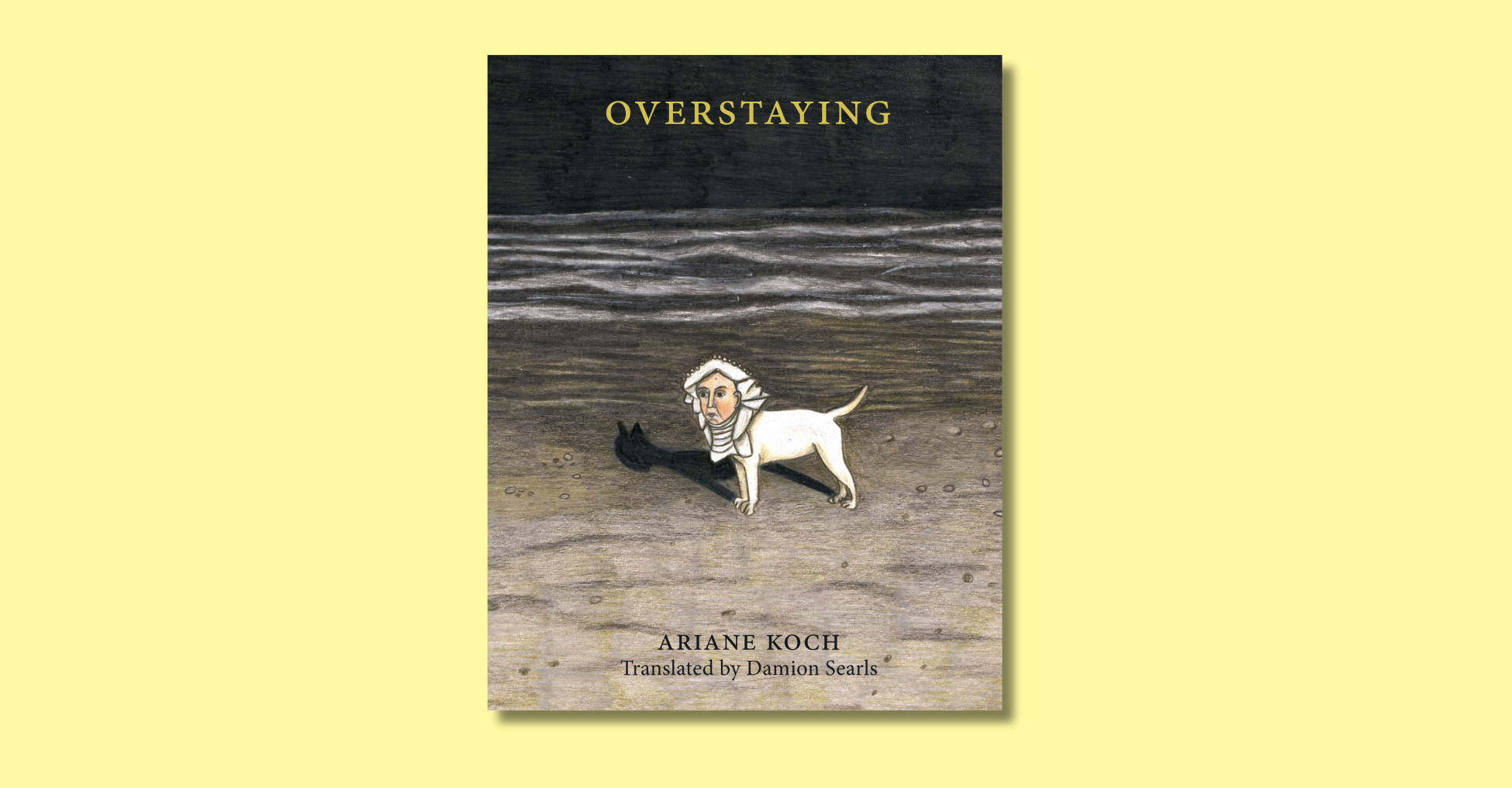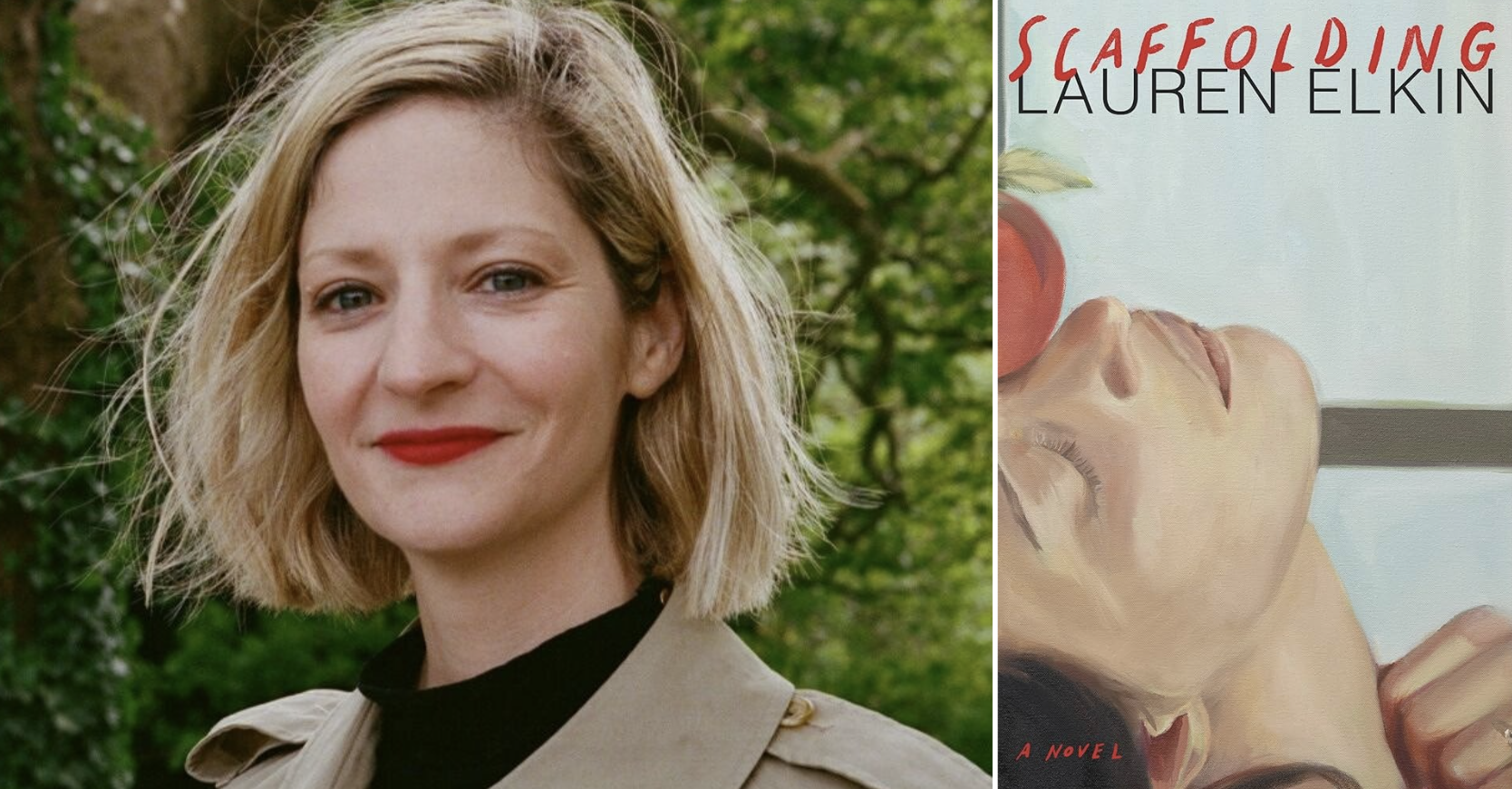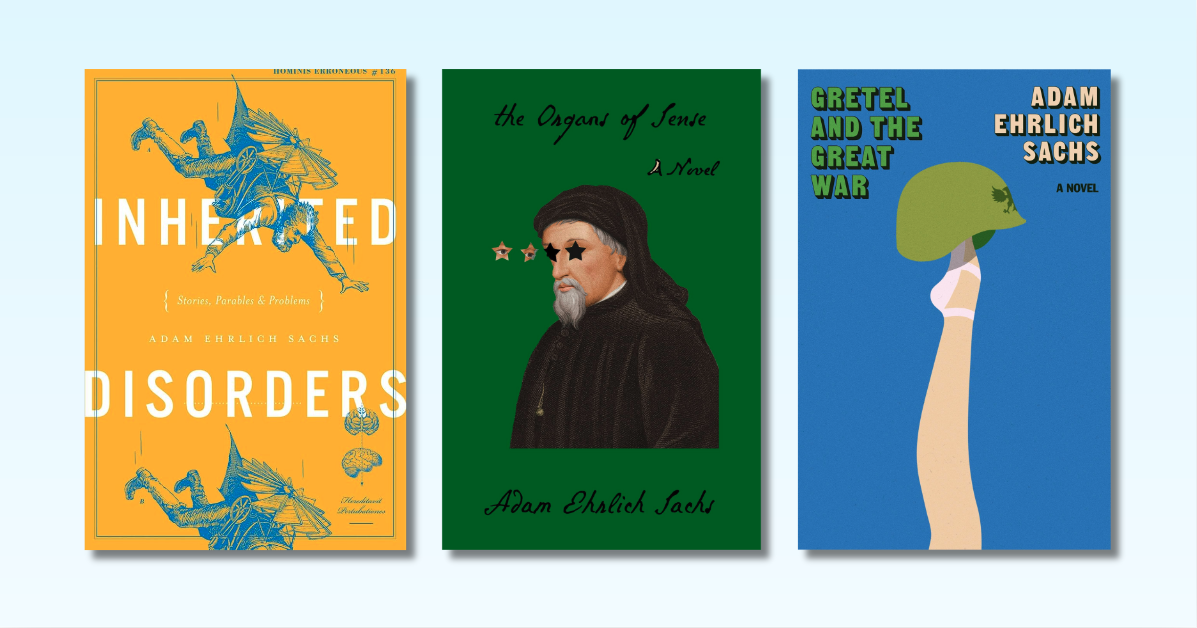 I didn’t expect to see the green book in our library here at Northwestern University in Qatar, but there it was, the 2007 volume of The Best American Essays, guest edited by the late David Foster Wallace, a book I read in Chicago a few years ago and now again in Doha. I had been living in the Arabian Gulf for about six weeks when I learned of Wallace’s suicide in September 2008. The tragic event received a good amount of newspaper coverage and, later, expanded magazine pieces in such places as The New Yorker.
I didn’t expect to see the green book in our library here at Northwestern University in Qatar, but there it was, the 2007 volume of The Best American Essays, guest edited by the late David Foster Wallace, a book I read in Chicago a few years ago and now again in Doha. I had been living in the Arabian Gulf for about six weeks when I learned of Wallace’s suicide in September 2008. The tragic event received a good amount of newspaper coverage and, later, expanded magazine pieces in such places as The New Yorker.
Some have called Wallace a postmodern writer, and others, dropping the ideology, claimed that he had serious qualms with modern obsessions and with the complacency and low quality of thought they reward. If the latter is true, then Wallace was part of an undercounted demographic of people who have sustained dissatisfaction with the ways things are and who doubt that things can actually change anytime soon. A thoughtful writer of Wallace’s sensitivity and cynicism does not address the problem in a straight line; instead he makes it the bezel of the narrative and even style so that it’s never far from the reader’s indirect attention. As an essayist and novelist, Wallace had a skilled hand at shrewd deconstruction—someone who can take apart, for example, cultural staples of leisure, like a county fair or cruise trip, to reveal what he sees as stifling banality that distracts and sedates.
I’m a regular reader of the Best American series, but I generally skip reading the guest editors’ introductory essays, doing my best to avoid the word “Montaigne” and explanations of how the essay defies a crisp definition. But this time in Doha I went directly to Wallace’s introduction to see what I had missed, and there he mentioned Montaigne (Chesterton, too) and he remarked that “essay” is not his word of choice for what is really “literary non-fiction.” Still, Wallace’s piece turned out to be especially meaningful because he confronted some “bad news” about our times and supported it in his introduction with very clever meta-interpretation of the editor’s role, and he supported it more implicitly with his choice of essays.
The 2007 green anthology has an urgency to it that goes beyond what is commonly said about thoughtful and well-written essays. The writers speaking in Wallace’s volume don’t do Disney. Rather, they confront the pathologies of our age that apparently won’t go away. I realize that three or four years isn’t a long time, but there’s something about this passage of time and its indolence (despite compelling promises of change) that speak about the collective lethargy that spooked Wallace and, actually, many others who live with their eyes open.
In his introduction, Wallace writes almost cordially about his part in the “deciderization” process, but he then breaks character to rail against the American loss of mental free agency. Just as he is part of an outsourcing tradition of a venerable anthology, Wallace notes that “we are starting to become more aware of just how much subcontracting and outsourcing and submitting to other Deciders we’re all now forced to do, which is threatening (the inchoate awareness is) to our sense of ourselves as intelligent free agents.” True to his style, Wallace couldn’t help but see symbolism in an otherwise flattering role as guest editor. The impish shape he saw in the shadow of an editorial temp was the burden of human thought and moral resolve gladly surrendering to others because, in part, big issues are made to seem too complex and impossible to grasp, which, of course, suggests that we need specialists to delegate our minds to. He says, “And yet there is no clear alternative to this outsourcing and submission. It may possibly be that acuity and taste in choosing which Deciders one submits to is now the real measure of informed adulthood. Since I was raised with more traditional, enlightenment-era criteria, this possibility strikes me as consumerist and scary.”
An intrepid literary voice associates scariness with the outsourcing of individual thought and decision making to others, which means that powerful people (fewer and more messianic than usual) become deciders for things far more serious than essays. But I think that Wallace’s fears are evinced more by the fact that these kinds of penetrating and honest essays (and others widespread for many years now, including many books) have shown little power to change minds, alter course, or even slow down the descent, which infers that the very conscience of society is badly wounded. Wallace says, “In sum, to really try to be informed and literate today is to feel stupid nearly all the time, and to need help.”
Wallace admitted important essays into the book, including lengthy pieces on the war in Iraq; torture; the right to offend; Mel Gibson’s inebriation and anti-Semitism; warfare of neo-absolutists; the sexualizing of youth and the modern marketing imagination; rifles and race; a gripping narrative that is non-fiction, but you wonder about the amazing details that you would expect in omniscient third-person fiction; an imaginary letter from a real Darwinist to a phantom pastor; and personal essays about pain, music, and other such things. There’s also a piece on earth when it shakes and a Cynthia Ozick short essay on mysticism that’s not really believable. Still, the weight-bearing essays of the book, its abs, are really those that examine the “issues” of the very modern era and its listlessness, with a subtext that raises the pounding question about how these things passed public approval in the first place. Malcolm Gladwell has a piece on the work of a pet psychologist, which interests me for some reason, a rather thoughtful narrative about a dog and sensitive family dynamics. Gladwell’s piece does not throw the reader off-scent to the pathos that Wallace’s choices bring to the fore. Gladwell’s essay, in a way, brings indoors those global matters that the other essays probe.
Most anthologies make no requirements of order. You can start anywhere with no consideration to your place in a narrative, if there is one. Wallace’s anthology, organized alphabetically, has a quasi-narrative kept related by a number of contemplative accounts of recent human blunders and their etiology. When taken altogether there’s something like an indictment in the black box, especially when you allow into the reading experience those events and non-events of the recent past—winners of an anti-war platform making more war; a thriving fear-Islam industry as a pretext for many disagreeable decisions that touch upon core issues, like privacy; debilitating debt to rescue debilitating debt; the blurred line between happiness and appetite, between what is important and what is popular; and the defeat of shame.
Mark Danner’s essay, “Iraq: War of Imagination” (originally published in the New York Review of Books and the longest piece in the green book), includes an anecdote of a policy believer who is filled with speaking-in-tongue certitude that the referendum of Iraq’s constitution will land in favor of the proposed constitution in unlikely Anbar province. Per Danner, “With all his contacts and commitment, with all his energy and brilliance, on the most basic and critical issue of politics on the ground [in Iraq] he had been entirely, catastrophically wrong.” Being wrong in itself is not worthy of a 12,000-word essay. But Danner’s devastating point is that the salvation narrative for Iraq was all wrong. And my point is that no matter how widespread the news has spread about the “wrong,” intentional or errant, no one has been taken to task over the years; in fact, a broader war has been waged elsewhere. And long before that, in 2004, the sitting president was rewarded with reelection, about which Wallace proffers, “There is just no way that 2004’s reelection could have taken place—not to mention extraordinary renditions, legalized torture, FISA-flouting, or the passage of the Military Commissions Act—if we had been paying attention and handling information in a competent grown-up way.”
It’s not the politics behind these scenarios that interests me at all but those forces of modern life that condition the soul to be either uncaring or unequipped to make a sacred stand for what is right. Read, then, the essay by Marilynne Robinson (“Onward, Christian Liberals”), who writes almost thematically about holiness and sacred tradition and still does well in the mainstream secular publishing. (Her remarkable book Gilead won the 2005 Pulitzer Prize for fiction.) Robinson says in her essay, “Emily Dickinson wrote, ‘The abdication of Belief/ Makes the Behavior small.’ There is a powerful tendency also to make belief itself small, whether narrow and bitter or feckless and bland, with what effects on behavior we may perhaps infer from the present state of the Republic.”
For many reasons, I recommend the volume, which, in my view, is the most relevant of the Best Essays series. There are no pieces about the death of a goldfish as a pretext to dive into tendentious discussions about the theories of life and consciousness. Nor is there a reverie about a childhood hideout or one’s first encounter with a private part. If you’re worried that product placement of good ideas is the modern hope for truth and transcendence and are even vaguely sure that there must be a better way—a better discourse—then the voices of this volume will resonate.
The best line in the anthology goes to Jo Ann Beard in her essay “Werner,” a detailed piece about a man who works in a catering outfit. After work on a cold December evening, Werner goes home and calls his mom as usual. But it so happens that in the wall of his building an exposed electrical wire begins what will eventually become a full-blown fire. The essay moves like silk through the details of a 1991 fire; it’s a narrative that speaks of memory, survival, desperation, time, and human dignity. Werner at one point, a poignant and perhaps symbolic point, finds himself like this: “He was trapped, nearsighted and naked in a burning building.” Of course I don’t know for sure, but I imagine that Wallace stopped at that line and said, “This essay is in.”
Postscript: Decades back, another author that I enjoy reading, John Gardner, died before he too was done with literature. In September 1982 he crashed his motorcycle at the age of 49. I have a vague, decades-old memory of standing before a glass case in the surprisingly elegant atrium of Morris Library of Southern Illinois University at Carbondale, looking at the cover of an SIU Press book of Gardner’s. For a while, Gardner taught at SIU, which is just a couple of hours south of where Wallace once taught, Illinois State University in Bloomington.
The early 1980’s was probably the start of the inertia that many writers now comment about. The overrated activism of the 1960’s slowly gave way to the underrated idealism and pop culture of the 1970’s, which itself surrendered (after John Lennon’s murder) to the ethos of such things as Reagan’s trickle down theories of economics, which overly and foolishly trusted the collective greed of a people to take care of the spread of prosperity and relief for the underprivileged—a notion that confronts thousands of years of sacred tradition and its obligations of charity. Trickle-down economics did not create self-adoration, as some claim, but it promoted it as a virtue, almost part of economic patriotism. This probably infected many other notions, including the realm of high ideas: this notion of a passive and undirected development of enlightenment and responsibility.
Wallace says, “Part of our emergency is that it’s so tempting to do this sort of thing now, to retreat to narrow arrogance, pre-formed positions, rigid filters, the ‘moral clarity’ of the immature. The alternative is dealing with massive, high-entropy amounts of info and ambiguity and conflict and flux; it’s continually discovering new areas of personal ignorance and delusion.”








